A Venezuelan non-governmental organization (NGO) known as the Venezuelan Prison Observatory (OVP) issued a formal request to the Venezuelan government to ensure access to education for imprisoned minors on Wednesday amid increasing politically motivated arrests since the conclusion of the country’s presidential election, which took place on July 28.
Demands Amid Arrests
The director of the NGO, Humberto Prado, stressed in a press release that children have a right to proper education, while the Venezuelan government has an essential responsibility to ensure such a right is fulfilled for those incarcerated.
"The state’s duty is to fully meet the needs of adolescents arbitrarily deprived of their freedom, as this is enshrined in both national and international laws. Furthermore, it must apply the differentiated treatment to adolescents in this completely arbitrary and illegal process," Prado said in his statement.
Prado argued that the existing Organic Law for the Protection of Children and Adolescents, alongside the International Conventions on the Rights of the Child, requires the government to provide sufficient educational programs for imprisoned minors. OVP stated that family members of imprisoned minors have worked alongside both schools and prisons in order for imprisoned minors to receive an adequate education, while mothers of those detained told OVP that schools have already agreed to provide educational tools and are currently waiting on the Venezuelan prison system itself to allow such resources.
OVP’s petition follows an ever-increasing number of detained and imprisoned minors who are the subject of political arrests within Venezuela alongside their adult counterparts, according to Foro Penal, a human rights NGO. According to the latest report by Foro Penal, a total of 1963 people have been subjected to politically motivated arrests since the country’s presidential election, 69 of whom are minors. Venezuela's Attorney General puts this number even higher, having previously stated that 2,200 people have been arrested.
Those arrested are commonly charged with alleged acts of terrorism, conspiracy, and other high crimes against the state, a common tactic employed by Maduro's regime in order to crack down on any form of political dissent against the president. Minors held by Venezuelan security forces are reportedly without parental supervision during their criminal proceedings, according to the United Nations’ mission to Venezuela, a violation of international law under Article 40 of the Convention on the Rights of the Child.
Venezuelan citizens are not the only ones threatened with imprisonment by Maduro’s enforcers. Since the conclusion of this year’s election, 11 foreigners, including a total of six Americans, have been arrested in Venezuela for allegedly plotting to destabilize Venezuela, according to Interior and Justice Minister Diosdado Cabello. While Cabello failed to provide evidence of the foreigners’ plot against the Venezuelan state, the minister claimed that those arrested were supported by US intelligence services.
One of the arrested Americans is an active-duty Navy serviceman and former Navy SEAL by the name of Wilbert Castañeda, who allegedly, along with five others, had been conspiring to assassinate the president at the behest of US intelligence services.
The Source of Upheaval
The arrests of both Venezuelan citizens and foreigners follows the conclusion of Venezuela’s highly disputed presidential election between Maduro and his United Socialist Party of Venezuela (PSUV) and the opposition alliance known as the Unitary Platform led by the alliance’s former presidential candidate, Maria Corina Machado, who were represented by a previous political unknown, Edmundo González Urrutia.
The election took place on July 28 amid widespread claims of political repression and attacks against the Unitary Platform. These claims only increased during the election itself, with claims of electoral tampering and disruption by Maduro’s regime running rampant while polls were open. In the early morning of July 29, Venezuela’s National Electoral Council (CNE) announced Maduro’s contested victory amid widespread backlash from the opposition, who claimed the electoral results were falsified by the PSUV-controlled CNE.
In an effort to garner legitimacy, the opposition published polling results from 80 percent of all voting stations across the country, which showed that Gonzalez won the election by 67 percent of the vote. This published result coincides with exit polls conducted by Edison Research, an American market research and polling company that has conducted exit polls internationally, which predicted González to win with 65 percent of the vote, which acted as the catalyst for anti-government demonstrations prior to the publication of voting data by the opposition.
The opposition has continued their efforts to depose Maduro from the presidential office, going so far as to publish a joint statement by Machado and Gonzalez calling on the lower enlisted within the nation’s military and members of the police to reject Maduro’s alleged victory and join the opposition. In response to this statement, Venezuela’s Attorney General, William Tarek Saab, announced that an investigation had been opened into both Machado and Gonzalez for the statement. This investigation into Gonazlez forced the presidential hopeful to flee Venezuela, taking shelter in Spain with alleged support from the Venezuelan government itself.
Machado took a similar approach in order to protect her own safety, announcing in an article published by the Wall Street Journal that she had entered hiding while also calling for the international community to resist Maduro’s continued rule over the country.
Following the results of this year’s presidential election, numerous nations across the world have taken action against Maduro’s continued rule. The first among them included fellow Latin American nations Peru, Chile, and Argentina, who each denounced the election’s results shortly after they were announced. This move infuriated Maduro and those loyal to him, leading to the expulsion of diplomatic staff of each nation, which spoke against the president’s victory.
In particular, Argentina’s expulsion led to a tense diplomatic crisis between the two nations and the international organization known as the Organization of American States. In March, Argentina accepted six members of Venezuelan opposition parties into their embassy as political asylees. Shortly after the acceptance and announcement that the group would be granted asylum within Argentina, Maduro’s regime launched a siege on the diplomatic premises, cutting power from the building.
However, following the expulsion of Argentine diplomatic staff, the fate of the six proved to be a worrisome challenge faced by Argentina and the world stage. In face of the likely arrest that would occur if the group left the Argentine embassy, Brazil was allowed to take control of the premises alongside the embassies of both Peru and Chile due to their own expulsions. The embassy crisis took yet another turn on September 7, when Maduro revoked Brazil’s right to represent Argentina amid claims that the diplomatic premises were used to plan assassination plots against the president. According to Globo, a Brazilian news outlet, a Brazilian diplomatic source told the outlet Brazil would remain in control of the embassy despite orders from Maduro to vacate the premises. The state of the six asylees is currently unknown; however, it is believed they still remain within Argentina’s embassy at the moment.
Machado and Gonzalez have not been the only figures targeted by Maduro’s regime; numerous members of fellow opposition parties, sympathetic government officials, and Venezuelan civilians have all been faced with growing political repression by the president’s enforcers. Those targeted include regional coordinators of opposition parties such as Vente Venezuela, Machado’s party, Acción Democrática, among other member parties of the Unitary Platform. Furthermore, two prosecutors have been arrested for refusing to try those who participated in anti-government demonstrations. These instances of rebellion within Venezuela's lower governmental structure act as evidence that not all those within power are completely loyal to Maduro, likely acting as a key sign for the opposition's hope to remove Maduro from power.
Questions regarding the wellbeing of citizens and visitors to Venezuela have only been questioned further following the publication of a 158 page report by the United Nations’ mission to Venezuela. In this report, the mission states that there are reasonable grounds that the government led by Venezuelan president Nicolas Maduro has committed “crimes against humanity” both following and leading up to this year’s presidential election in the nation.
The alleged crimes brought forth by the mission claims that government forces and armed civilian groups loyal to Maduro known as Colectivos are responsible for forced disappearances, murder, torture, alongside sexual and gender based violence.
Those accused of carrying out the alleged crimes within the government include the Bolivarian National Intelligence Service (SEBIN), the General Directorate of Military Counterintelligence (DGCIM), the Bolivarian National Guard, and the National Police while key figures within Venezuela’s government have also been accused of inciting attacks and repression against members and supporters of the opposition alliance known as the Unitary Platform.
“Although previous reports of the mission constituted in 2019 have already accused the Venezuelan State of serious human rights violations, the new document stresses that the profile of the victims of repression was significantly expanded in the electoral period covering not only opposition and social leaders.” The mission stated in the report.
The mission further claims acts of repression have only increased since the heavily contested results of this year’s election which showed a victory for incumbent Nicolas Maduro, a claim which has been corroborated by Foro Penal.
While the arrest of the 11 total foreigners in Venezuela could point towards a planned assassination or coup against Maduro, there remains a possibility the 11 were arrested as both retaliation against nations who have spoken against Maduro’s contested electoral victory or an attempt to gain a bargaining chip to use against the nations affected. Those who support the former theory point to a statement previously levied by Blackwater founder Erik Prince in late July wherein the former CEO of the private military contracting group called upon United States President Joe Biden and Vice President Kamala Harris to raise the bounty for the capture of Maduro to 100 million USD “then sit back and watch the magic happen.” Furthermore, supporters of the former theory have also pointed towards the aforementioned failed 2020 Operation Gideon as further evidence of US involvement in an alleged plot to assassinate Maduro.
Critics, however, claim that the arrests are, in actuality, a move to secure bargaining chips to be used against the nations in which citizens belong in order to secure the release of Venezuelan officials with close ties to Maduro held in those nations or to pressure nations to avoid publicly attacking the president. Prior evidence of foreign citizens being used as bargaining chips includes a prisoner transfer between the US and Venezuela in December 2023, in which ten American prisoners were exchanged for Alex Saab, a Colombian businessman who is a key figure in Venezuela’s international business deals and was originally arrested in Cape Verde in June 2020 while en route to Iran for money laundering.
Regardless of the purpose for the arrest of the 11 foreign citizens and Maduro’s plans for the group, the future of the 11 is sure to be harsh due to the likelihood of being sent to one of Venezuela’s most infamous prisons, El Helicoid, where many anti-government demonstrators have already been sent. This prison was originally intended to be a shopping mall during Venezuela’s more prosperous years but was later turned into a prison managed by the Bolivarian National Intelligence Service (SEBIN). Former prisoners held in El Helicoid report that those held within the impromptu prison were victims of systematic torture by their jailers, while others recount an evidence storage room converted into a prison cell known as "Guantanamo," which held 50 prisoners without sunlight, water, or toilets.
As the conflict between Maduro and the opposition seems to be never-ending, the future of Venezuela hangs in the balance between six more years under Maduro and his PSUV or change under the Unitary Platform and Gonzalez.



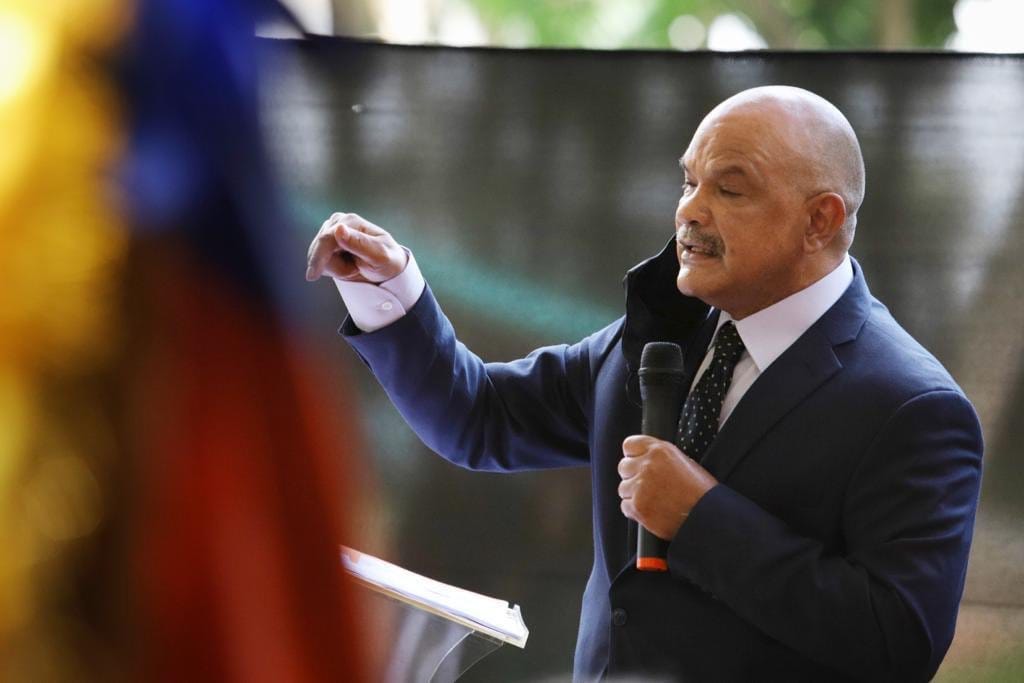
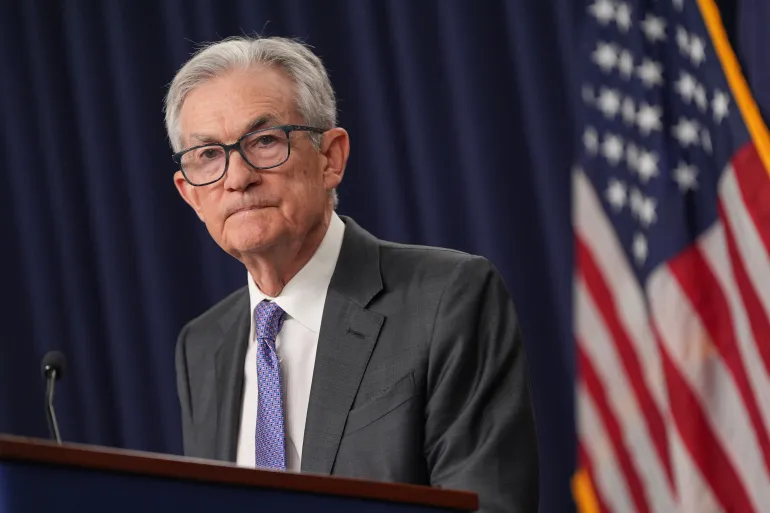

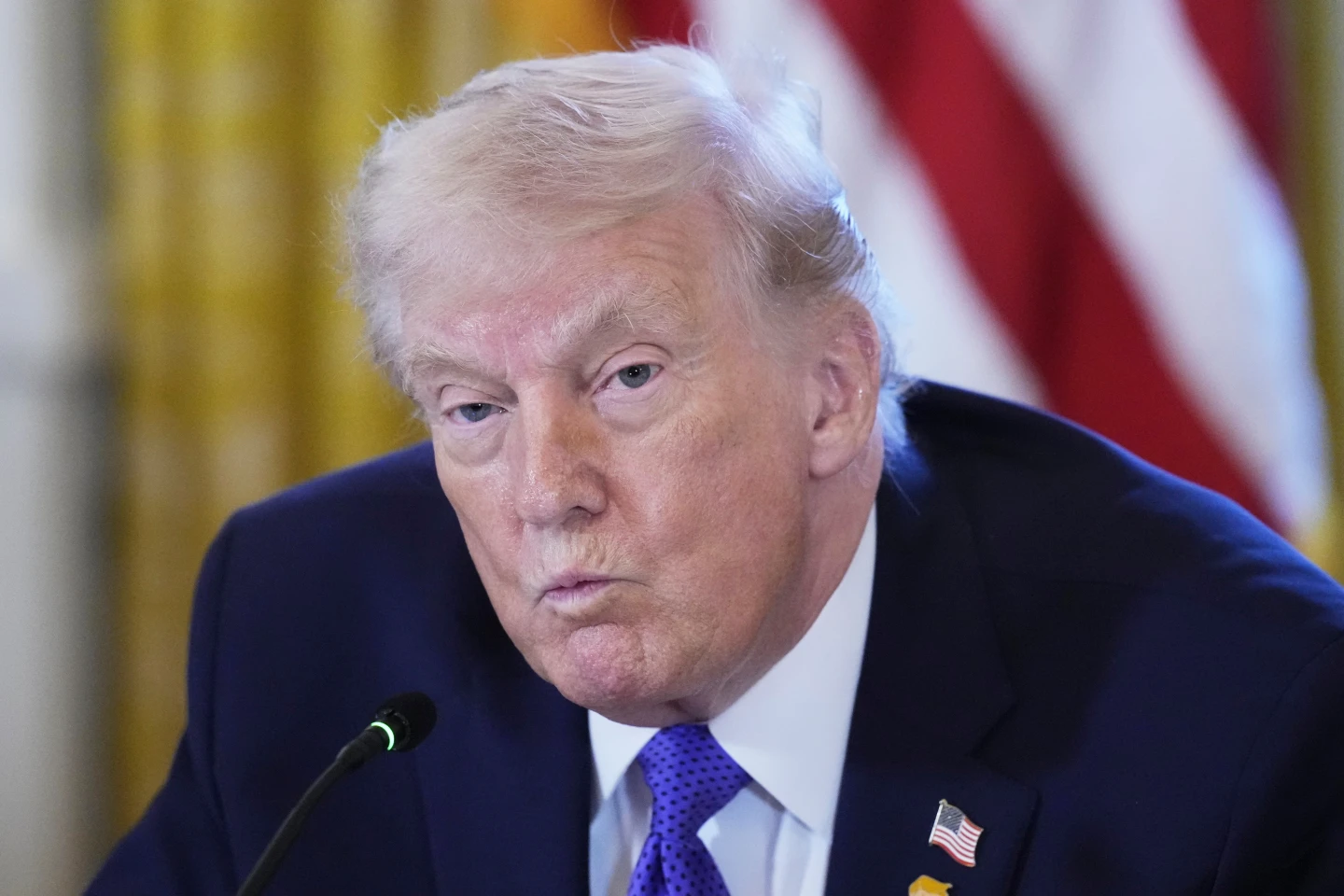
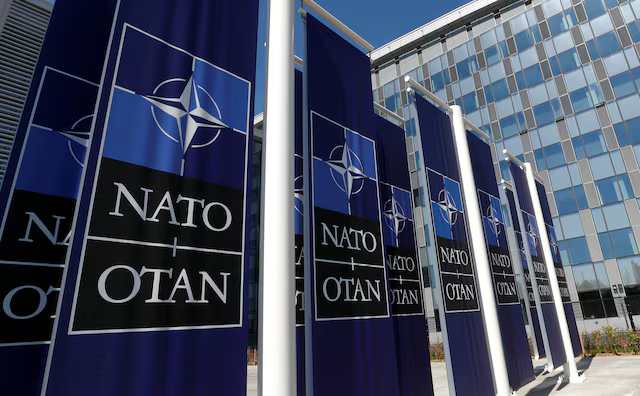
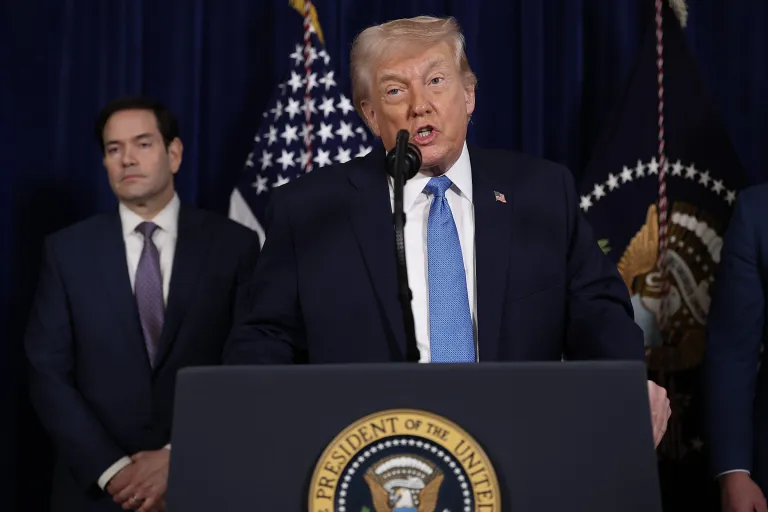
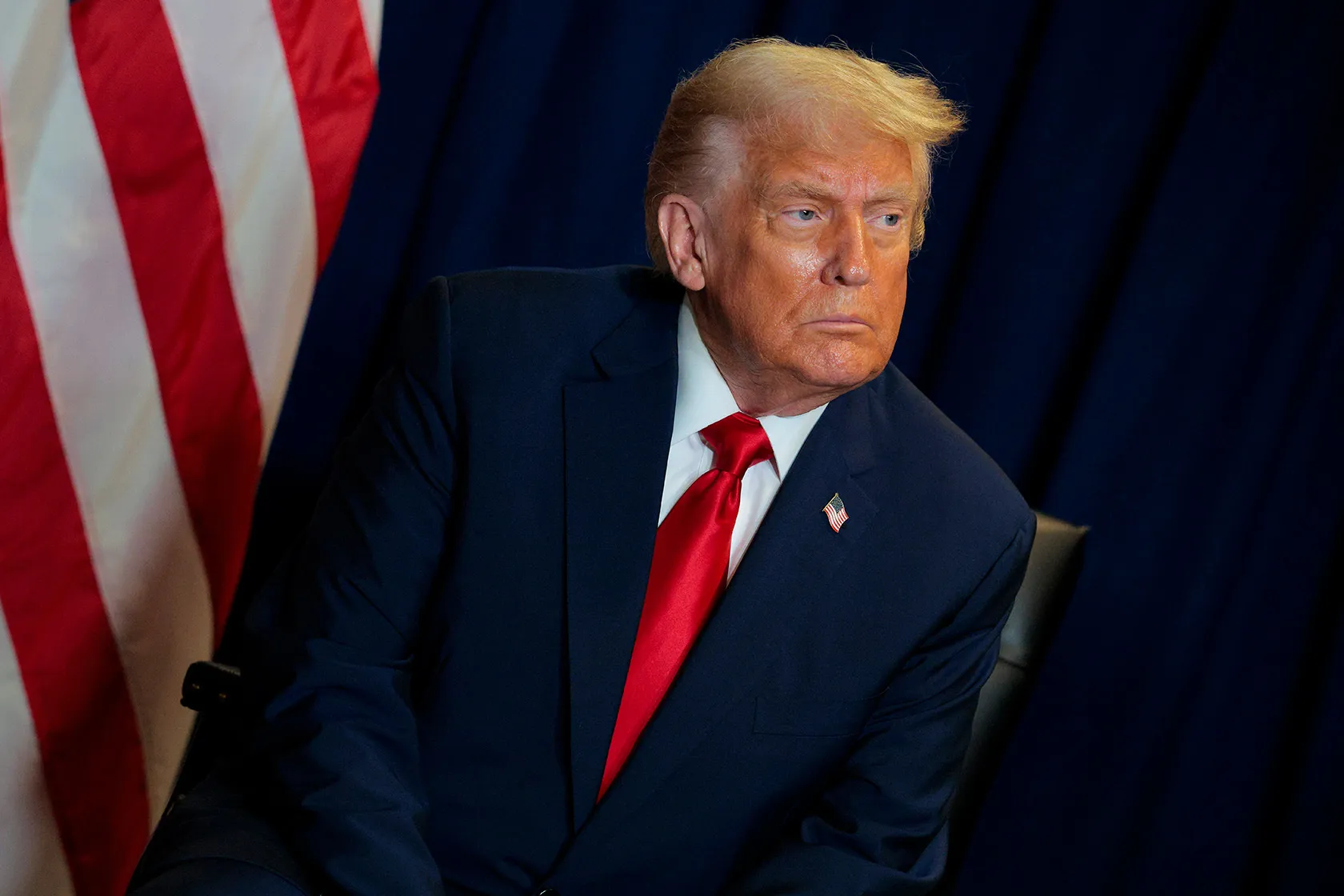
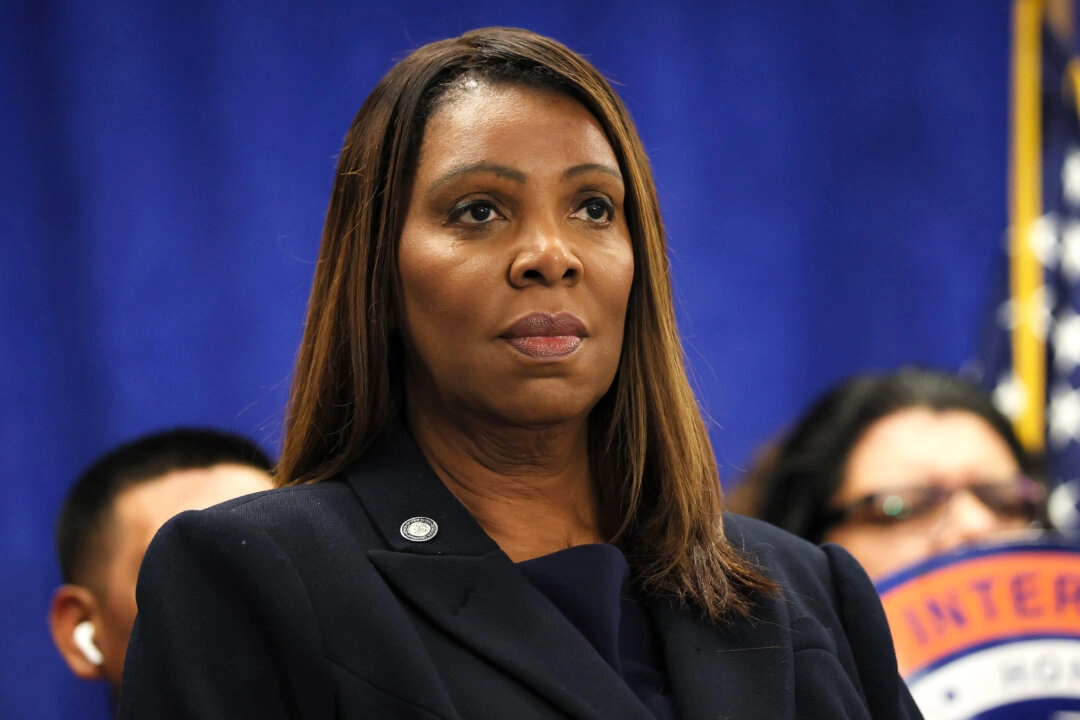
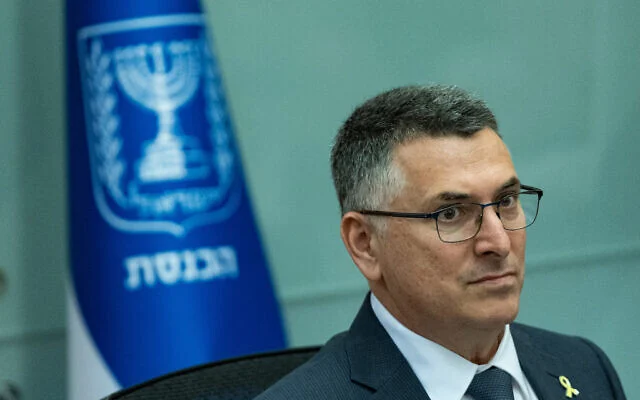
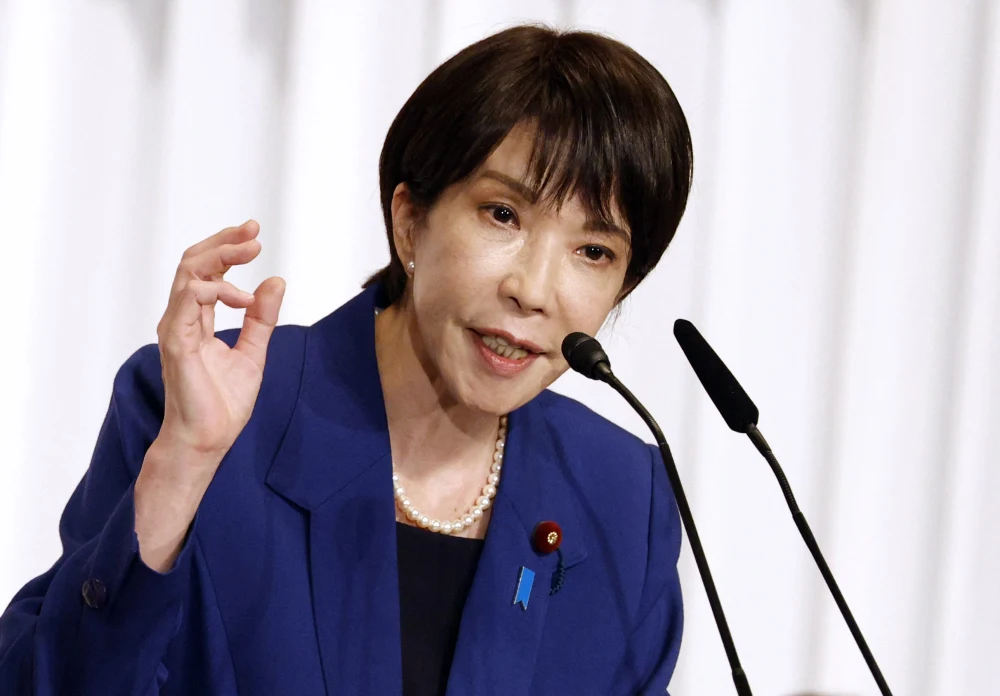
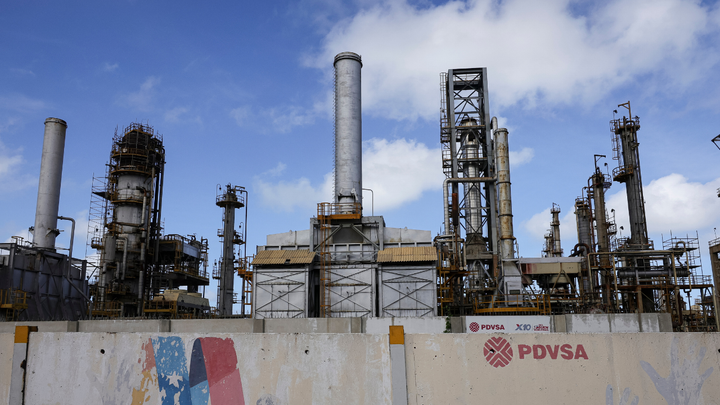
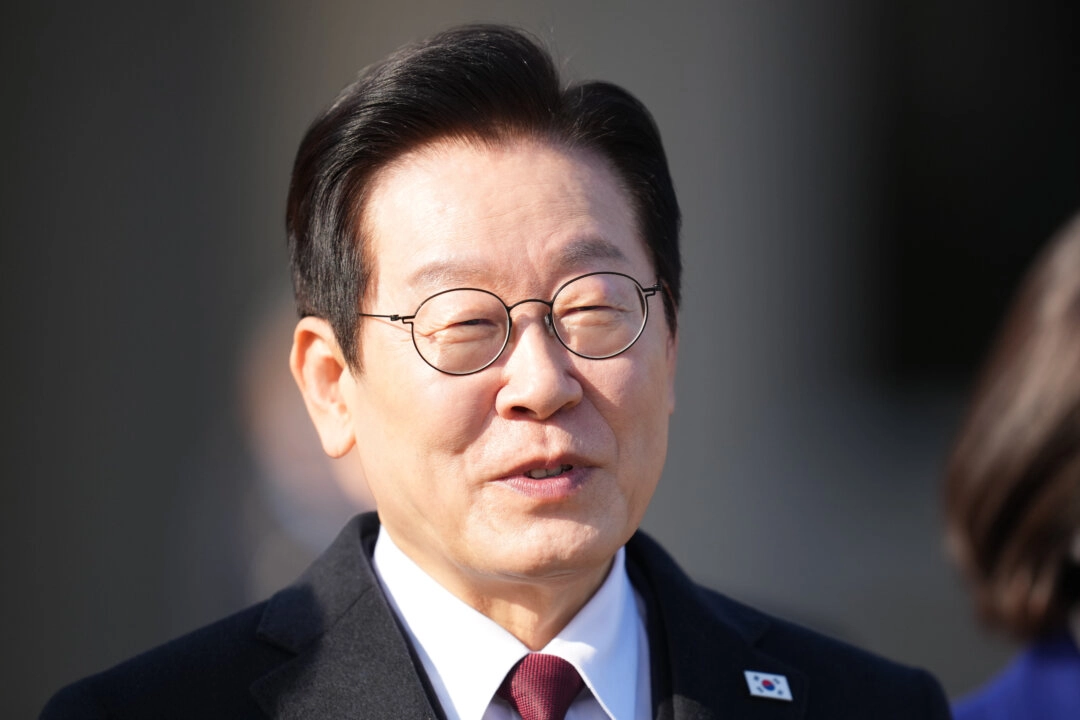
Discussion